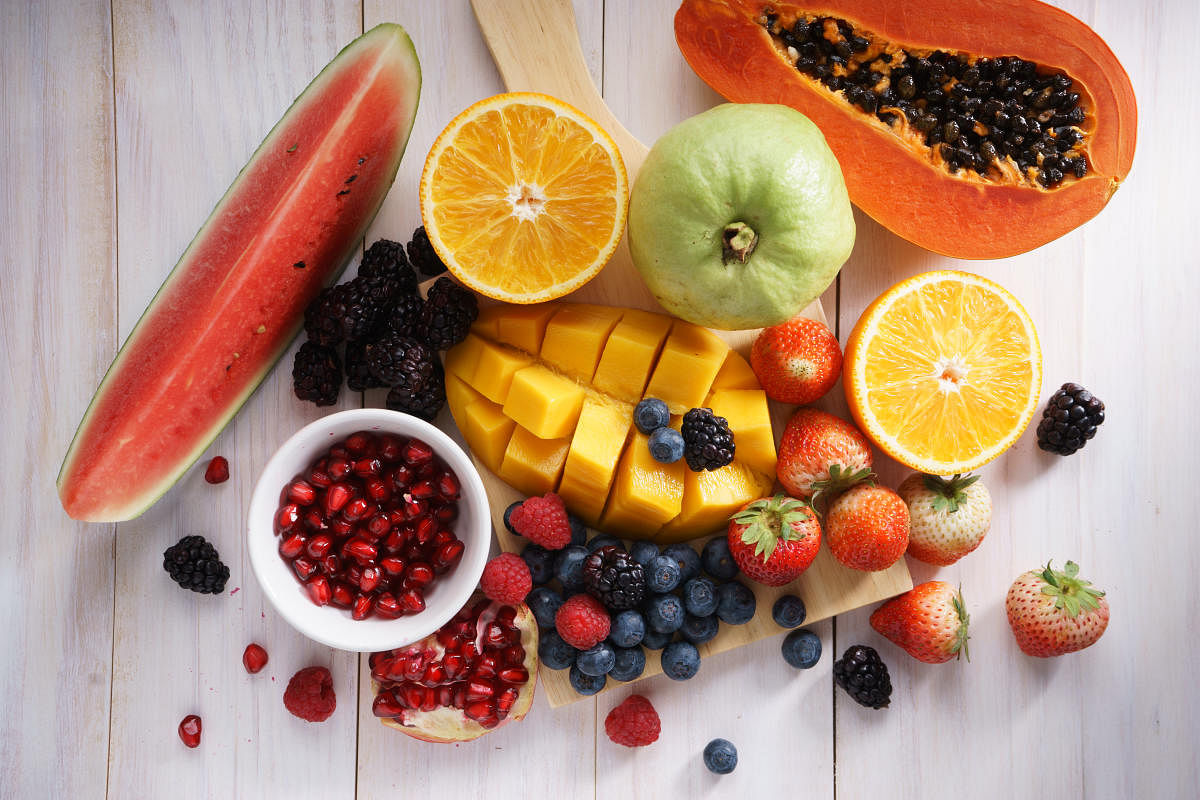
The onset of monsoon is no doubt a time of relief from the scorching summer heat as temperatures drop and the landscape turns lush green and vibrant. However, the monsoon
months infamously bring with them a number of infections such as influenza and water-borne diseases which are more likely to have an adverse effect on those who have a weak immune system. This is particularly a problem for patients who are immunosuppressed due to previous medical conditions such as kidney problems and those on dialysis. They are referred to as an immunocompromised group of patients due to their reduced ability to fight infections and other diseases, causing them to be at a higher risk of catching an infection.
Kidneys are vital organs of our body as they filter out the waste products and excess fluid harmful to the body through urine. They are also responsible for the production of red blood cells and critical regulation of the body’s salt potassium and acid content. A renal or kidney failure prevents the kidneys from performing their function to regulate fluids and balance electrolytes.
The rainy season is an invitation to infections and is a time for micro-organisms to breed and destroy our cells. It is extremely important to take precautionary measures to keep infections and diseases at bay especially for kidney patients. Here are a few tips to avoid monsoon infections and maintain overall health:
Water-borne infections are the most common and the supply of safe drinking water is gravely hampered. It is therefore recommended to drink boiled or filtered water throughout these months keeping in mind the fluid intake recommended by your nephrologist.
Keep your surroundings clean. Maintain a hygienic environment around you by cleaning or disinfecting regularly touched surfaces. This helps keep micro-organisms transferable through touch, at bay. Due to the humidity in the air, which is a source of moisture for mould development, at-home dialysis machines should be maintained, sanitised and wiped clean at least twice a week.
With the ongoing uncertainty on eating food from outside, it is best to continue eating home-cooked food. With the dangers of a global pandemic, kidney patients must be extra cautious of their food intake and consume more immunity-rich foods regularly.
Similarly, consume fruits that are freshly cut or wholesome. Pre-cut fruits accumulate micro-organisms that are harmful to the body when ingested. Wash the fruit thoroughly before eating and peel the outer skin before consuming as they may be laced with pesticides or other germs.
Monsoons often induce cravings of eating fried foods or processed and packaged food. However, these foods are high in sodium, potassium and sugars that pose a risk to your health. Processed food adversely affects the kidneys while high glucose levels lead to diabetes and complications and must, therefore, be avoided.
Kidney patients must live in airy spaces with enough ventilation and openings for sunlight. If you are required to step out, use face masks. If you do get wet while outdoors, return home and have a hot water bath and pat yourself dry. Always keep a napkin and sanitiser handy.
(The author is nephrologist, NephroPlus Dialysis Centre, Lucknow)